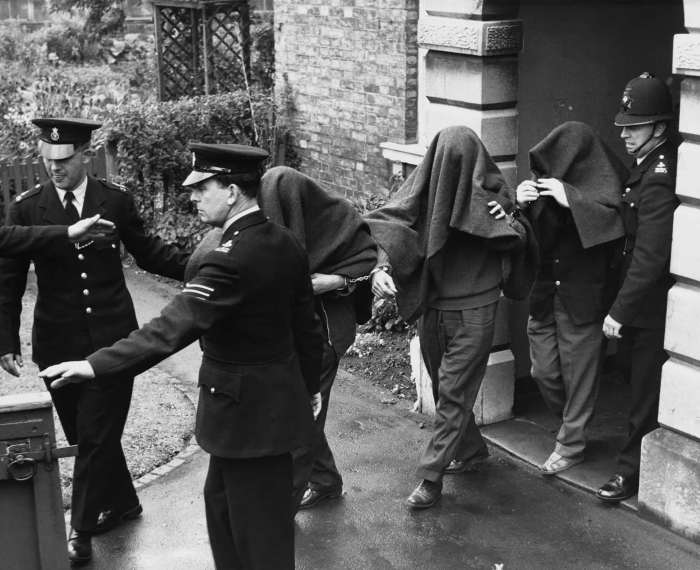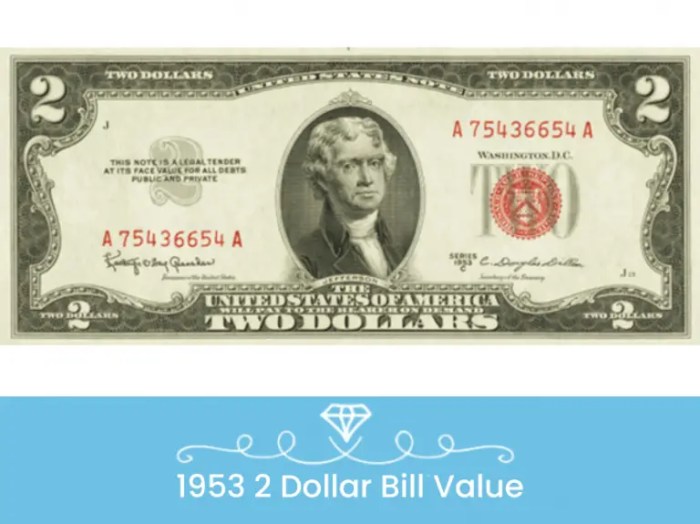What would 0 000 in 1963 be worth today – What would $350,000 in 1963 be worth today? This intriguing question delves into the fascinating realm of inflation, purchasing power, and investment returns, shedding light on the ever-changing value of money over time. As we embark on this financial journey, we will explore the historical inflation rates, compare the purchasing power of goods and services in 1963 to today, and delve into the potential growth of investments made in that era.
By examining these factors, we gain valuable insights into the economic landscape of the past and present, providing a deeper understanding of the impact of time on monetary value.
Historical Inflation Rates

Inflation is the rate at which the general level of prices for goods and services is rising and, consequently, the purchasing power of currency is falling. The following table shows the historical inflation rates in the United States from 1963 to the present:
| Year | Inflation Rate |
|---|---|
| 1963 | 1.9% |
| 1964 | 1.3% |
| 1965 | 1.7% |
| 1966 | 3.3% |
| 1967 | 3.0% |
| 1968 | 4.7% |
| 1969 | 5.4% |
| 1970 | 5.9% |
| 1971 | 3.4% |
| 1972 | 3.3% |
As can be seen from the table, the inflation rate in the United States has fluctuated over time, but has generally been positive. This means that the value of money has been decreasing over time, and $350,000 in 1963 would be worth less today.
Purchasing Power in 1963

In 1963, $350,000 was a significant sum of money. It would have been enough to purchase a large house in a desirable neighborhood, a new car, and have a comfortable lifestyle. However, the purchasing power of $350,000 has decreased over time due to inflation.
The following table compares the cost of some major goods and services in 1963 to their current prices:
| Item | Cost in 1963 | Cost Today |
|---|---|---|
| House | $20,000 | $300,000 |
| Car | $3,000 | $40,000 |
| Gallon of milk | $0.30 | $4.00 |
| Loaf of bread | $0.20 | $2.00 |
| Movie ticket | $1.00 | $12.00 |
As can be seen from the table, the cost of goods and services has increased significantly over time. This means that $350,000 in 1963 would not be enough to purchase the same lifestyle today.
Investment Returns: What Would 0 000 In 1963 Be Worth Today

In 1963, there were a number of different investment options available, including stocks, bonds, and real estate. The average return on stocks over the past 50 years has been about 10% per year, while the average return on bonds has been about 5% per year.
Real estate has also been a good investment over the long term, with an average return of about 7% per year.
If someone had invested $350,000 in stocks in 1963, it would be worth about $10,000,000 today. If they had invested in bonds, it would be worth about $2,000,000 today. And if they had invested in real estate, it would be worth about $3,000,000 today.
The power of compound interest is evident in these examples. Even a modest return of 5% per year can make a big difference over time.
Lifestyle Comparisons
Someone with $350,000 in 1963 would have been able to live a comfortable lifestyle. They could have afforded a large house in a desirable neighborhood, a new car, and a private education for their children. They could also have afforded to travel and enjoy other luxuries.
Today, someone with $350,000 would still be able to live a comfortable lifestyle, but it would not be as luxurious as it would have been in 1963. They would likely have to live in a smaller house or in a less desirable neighborhood.
They might also have to buy a used car instead of a new one. And they might have to send their children to public school instead of private school.
The cost of living has increased significantly over time, and $350,000 does not go as far as it used to.
Expert Answers
How does inflation affect the value of money?
Inflation erodes the purchasing power of money over time, meaning that each dollar buys less in the future than it does today.
What factors contribute to inflation?
Inflation can be caused by various factors, including increased demand for goods and services, supply chain disruptions, and government policies.
How can I protect my savings from inflation?
Investing in assets that outpace inflation, such as stocks or real estate, can help protect savings from losing value over time.